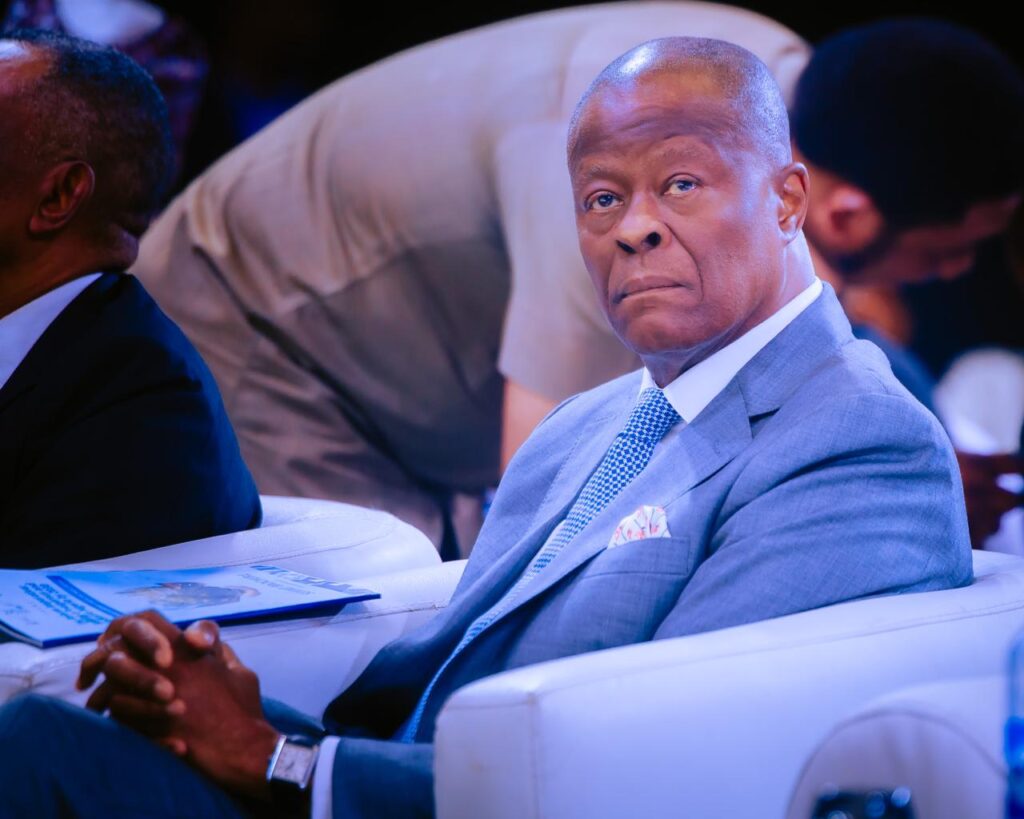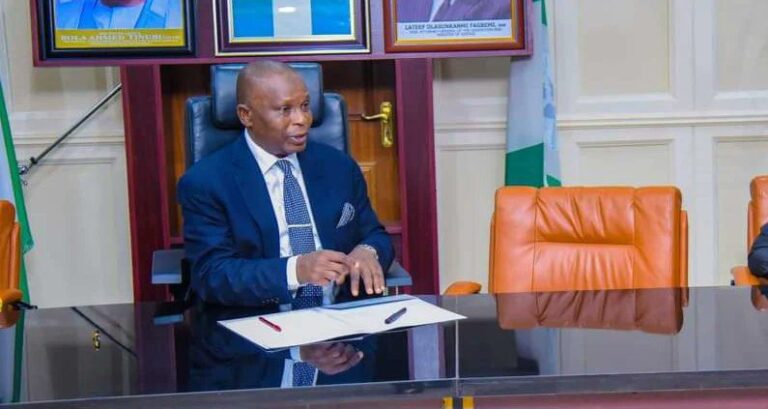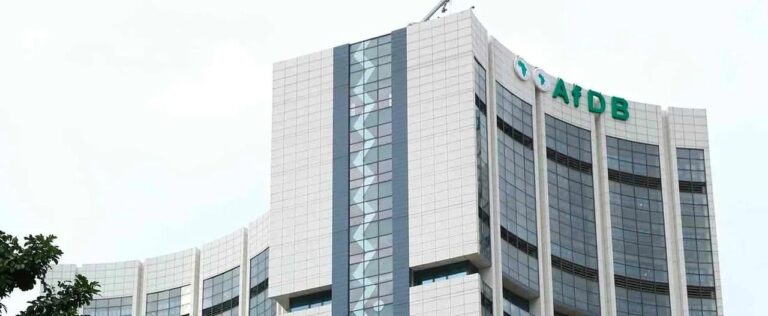The Nigerian Government has initiated a deep-seated structural transformation of Nigeria’s revenue ecosystem with the launch of the Federal Treasury Receipt (FTR). This reform, the flagship initiative of Mr. Wale Edun, the Minister of Finance and Coordinating Minister of the Economy, is a direct and forceful response to decades of chronic revenue leakages and fiscal oversight.
According to a recent statement from the Ministry of Finance, The FTR is a core component of the broader Revenue Optimization and Assurance Platform (RevOp), which went live on August 1st, 2025, alongside the Central Billing System (CBS).
The Minister’s strategy is clear: leverage technology to build an impregnable system that ensures every amount earned by the government is tracked, reconciled, and accounted for in real-time.
The FTR will ensure that every government-issued receipt corresponds directly to payments made into the federation account, creating a robust, unalterable audit trail that makes revenue diversion or falsification by individuals or agencies significantly harder.

RevOp platform shows the government real-time visibility of all revenues flowing from Ministries, Departments, and Agencies (MDAs) to the treasury for the first time, removing the information errors and time lag that historically facilitated the under-remittance of funds.
The CBS standardises the pricing and billing of government services, eliminating the discretionary elements in pricing that often led to under-declaration of revenue.

Edun noted that “The launch of the Federal Treasury Receipt, working together with the Central Billing System and the Revenue Optimisation and Assurance Platform, marks a new era of transparency and accountability in public finance. By ensuring that every kobo due to the government is digitally tracked and fully reconciled, we are safeguarding national resources.” He said.
The minister often called for reforms of government finance to aid transparency in both collection and spending.
“We are creating the fiscal room to invest in priority sectors such as education, health, and infrastructure—investments that will directly improve the lives of Nigerians and secure a prosperous future for our country.” He noted.
Revenue leakages in Nigeria’s public sector are complex, issues that occur at multiple revenue generating agencies (Nigeria national petroleum company NNPC, federal inland revenue service FIRs, Nigeria customs service NCS) and involve both active corruption and passive inefficiencies.
The recent launch of the Federal Treasury Receipt (FTR) and the Revenue Optimization and Assurance Platform (RevOp) by the Minister of Finance directly targets many of these long-standing challenges.

Meanwhile, the FTR and CBS are currently undergoing a rigorous 30-day pilot programme across ten federal agencies.
Historically, MDAs operated multiple bank accounts outside the direct control and visibility of the Treasury. This allowed them to hold back funds, delay remittance, or transfer revenue into “hidden” or “surrogate” accounts to avoid scrutiny and evade the full remittance of their operating surpluses.
Attorney general of the federation Lateef Fagbemi alleged in September that the NNPC was diverting oil revenues from the federation account.
The absence of an automated system meant that revenue collection and remittance were often manually reconciled, creating opportunities to under-report actual collections.
However, the latest reforms are strategically linked to the forthcoming launch of the National Revenue Service (NRS) in January 2026. This landmark institutional shift will consolidate and professionalise revenue administration under one unified structure, which also involves the renaming of the Federal Inland Revenue Service (FIRS) to the NRS, signaling an expanded mandate including non-tax revenue collection.

The NRS is one of the key pillars of the recently signed tax reform bills designed to streamline compliance, broaden the tax base, and boost overall government revenue.












